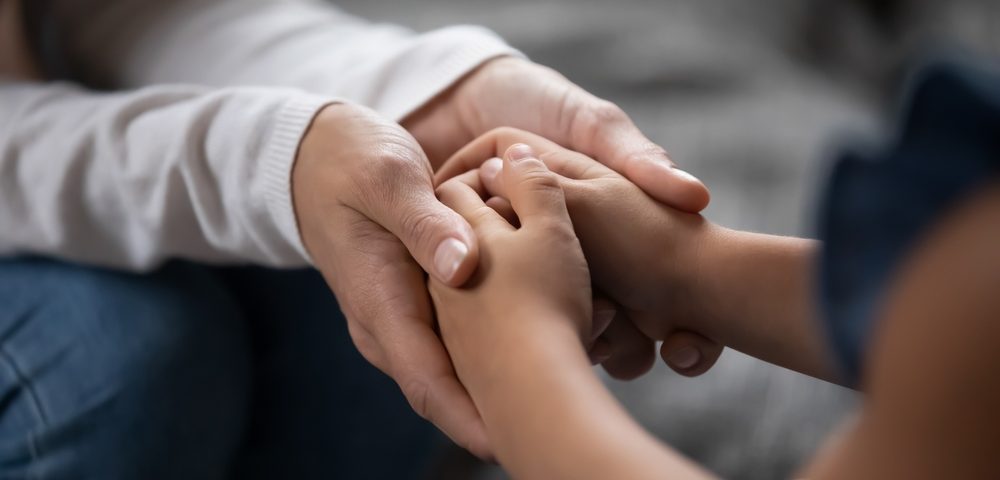
Modeling Healthy Behaviors
April 19, 2023
Tips for Busy Parents: Cost-Efficient Ways to Stay Organized
November 29, 2023Parenting is the most rewarding job you will ever have, but at the same time the most difficult job you will ever have. I have worked in the mental health field for over 22 years and have been blessed to have worked with thousands of families from around the world. Having 5 kids of my own, I have a passion for parenting. I have learned from my own mistakes, but the greatest lessons I have been taught are from the families I have worked with over those years.
Early on I would have parents relate a story to me about their child and upon completion of the story they would evitability ask, “Mike, please tell me what I should do, or Mike, just tell me what I should say.” At first, I would do just that, but then as I got a little wiser, my answers have changed. I learned that if the parents did not have a relationship with their child, it really didn’t matter what I told them to do or to say. If the relationship had been damaged or trust had been lost, the parents’ level of influence had dramatically decreased. I found at this point that it really didn’t matter what I told the parents, whatever they did was rendered very ineffective. My approach now is to look at where their relationship is with their child and put time and energy into that, then we can start looking at skills and tools. It is not about what you do, but how you are being when you do it. That is what your kids’ sense and that is where your influence is gained or lost, your way of being.
I have seen over the years that parents define their children by the behaviors of that child or the diagnosis the child has been given. It creates a lens or filter through which all behaviors pass. I have seen that lens create what I call the worst-case scenario syndrome. Parents become reactive to their child and only see them for what they are doing. Many times, what a parent sees is inaccurate, and because their perception is inaccurate, their response also becomes inaccurate. They start seeing their child for just their behaviors, when in reality, there is so much more to that child than just the behavior.
I have realized that there is a function or meaning to the behaviors of a child. Rarely do we as humans do things without a reason. Most habits we have are linked to a desire to change our internal state. My hope is that parents can begin to understand this principle and not react or overreact to their child’s behavior. To be able to see beyond the behavior and understand there is a reason or function behind it. Be curious, ask questions, listen without judgment and teach them when mistakes happen. Remember, their brains are still developing, they will make poor decisions and, in those times, join them in learning, teach, understand their reality (which does not mean you have to agree with it), encourage and support them as they learn from their mistakes with your guidance versus lecturing or advice giving. As you do this, your influence with them will increase and your relationship will improve as you will not be parenting from a reactive, judgmental or emotional space, but from a curious, genuine concern and loving space.
Mike Gurr
Executive Director of The Meadows Adolescent Center


